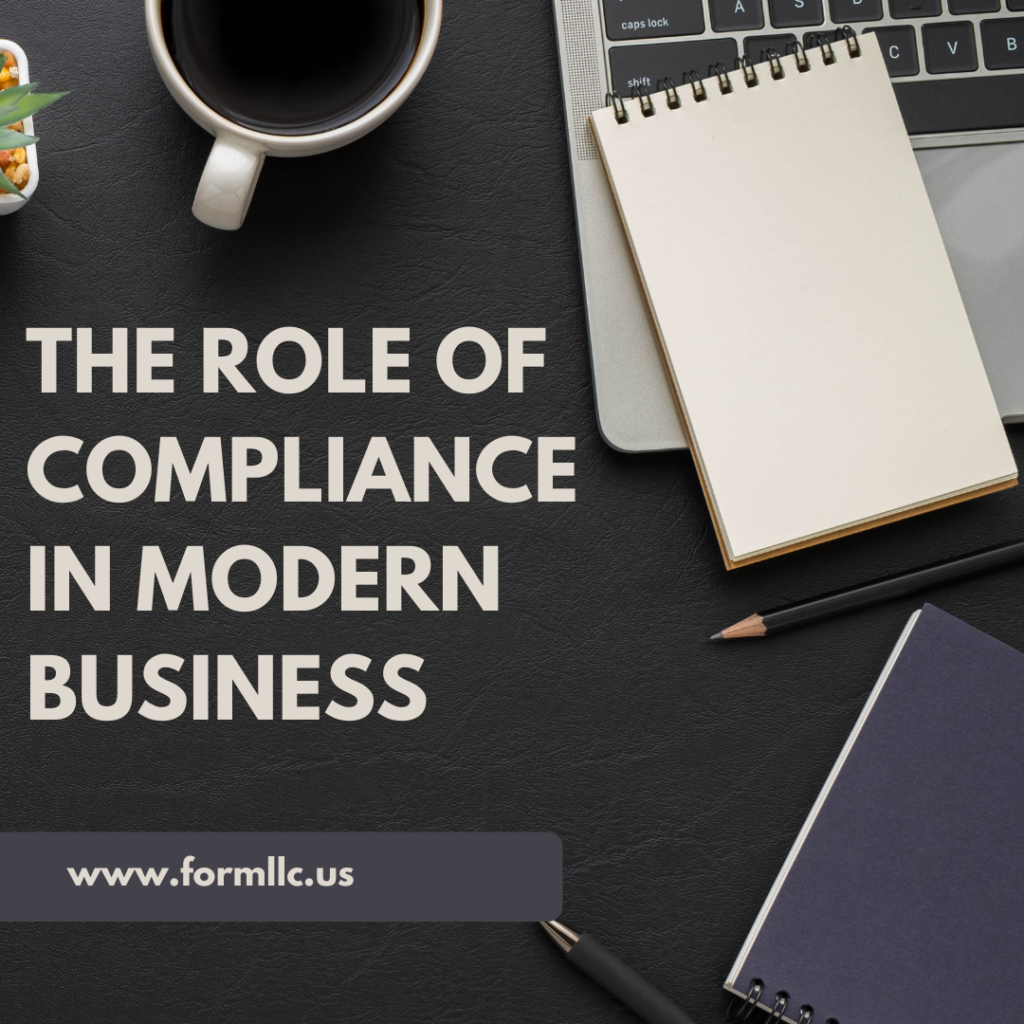Compliance is a crucial component of cutting-edge enterprise operations, making sure adherence to criminal, moral, and regulatory standards. In an increasing number of worldwide and virtual marketplaces, compliance safeguards a company`s reputation, reduces dangers, and builds believe amongst customers, investors, and employees.

1. Why Compliance Matters
Compliance entails following legal guidelines and policies associated with labor, taxes, facts protection, and environmental practices. Failing to conform can bring about extreme penalties, criminal disputes, and harm to a company`s reputation. Industries like finance and healthcare face mainly stringent policies, in which non-compliance can disrupt operations or result in closure.
Beyond keeping off fines, demonstrating a dedication to compliance indicators, a determination to moral enterprise practices, improving stakeholder self belief and credibility.
2. Challenges in Compliance
The hastily converting regulatory panorama poses demanding situations for agencies. Companies running globally need to navigate various criminal standards, together with adhering to GDPR in Europe whilst assembly U.S. facts privateness legal guidelines. Keeping up with those evolving policies calls for great sources and expertise.
Digital transformation provides some other layer of complexity. Cybersecurity threats and the mishandling of touchy facts can result in regulatory violations and lack of customer believe. Regular updates to compliance techniques are critical to coping with those dangers.
3. The Role of Technology
Technology has revolutionized compliance management. Automated systems, facts analytics, and regulatory software program permit agencies to screen compliance necessities and come across dangers efficiently. For instance, anti-cash laundering (AML) equipment assist economic establishments discover suspicious transactions.
Artificial intelligence and gadgets are helping to beautify compliance by predicting dangers and studying patterns. However, over-reliance on generation without human oversight may also result in gaps, underscoring the significance of a balanced approach.
4. Compliance as a Strategic Asset
Companies that prioritize compliance can advantage a aggressive edge. Transparent practices appeal to ESG-aware investors, socially conscious consumers, and top-tier employees. For example, companies with robust environmental and moral compliance frequently revel in better loyalty and marketplace appeal.
Conclusion
Compliance is now not only a criminal requirement—it’s a strategic necessity. By addressing regulatory demanding situations, embracing generation, and fostering moral practices, agencies can beef up believe, lessen dangers, and role themselves for sustainable achievement in a complicated world.